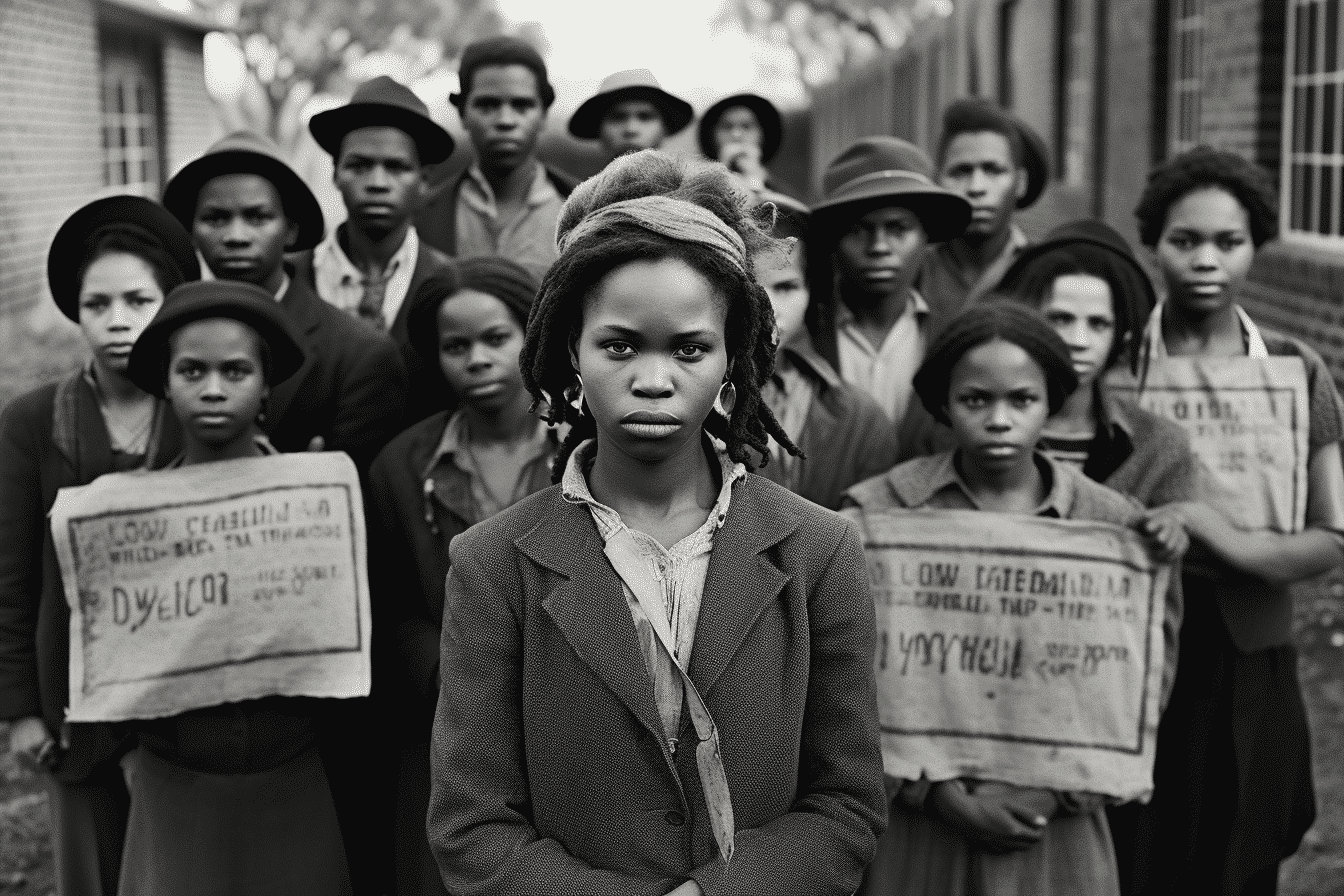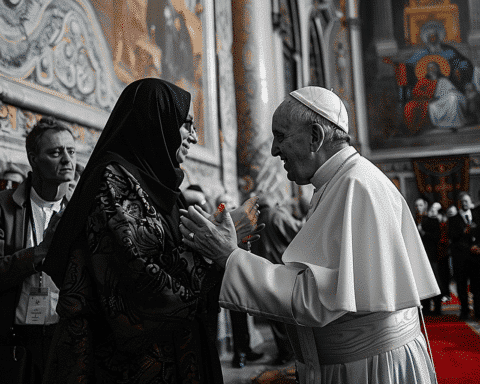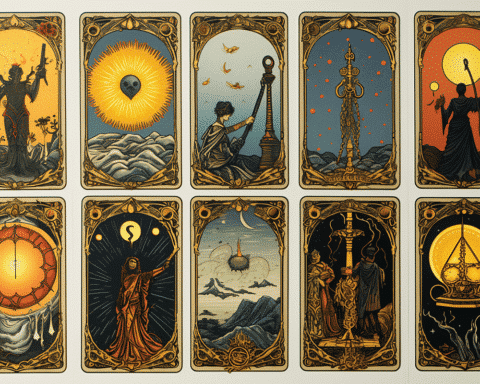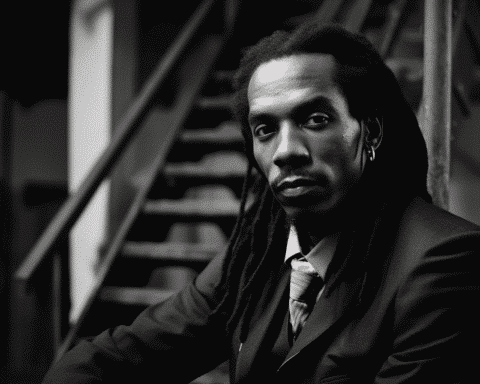In the Western Cape province of South Africa, a violist named Lynn Rudolph, also known by her stage name Daphne is striking the chords of history to highlight a harrowing legacy. Her performance art delves into the story of the “Dop System,” a centuries-old practice where winery labourers were partly paid in wine. This system, entrenched during the colonial era and sustained under apartheid, led to high rates of alcoholism among the mixed-race workers, who were historically the primary workforce at these wineries. Through her show, “Dop is my Taal,” Rudolph uses music and visual storytelling to shed light on this practice’s cultural and social impacts, which resonate to this day.
The performance is a poignant portrayal of the struggles faced by the coloured community, as Rudolph merges her original compositions with the South African national anthem, performed amidst an array of everyday objects symbolizing the lives of farm labourers. Rudolph’s intent to reveal the lingering scars is clear: “When you think of a coloured, and what I’ve seen on social media, TikTok, all these things, to be coloured means to be violent and means to be drunk,” she elucidates. This narrative is enhanced by the backdrop of traditional dances from the Khoikhoi and San communities, whose histories were suppressed but are essential to the coloured identity.
Writer and activist Kelly-Eve Koopman echoes the violist’s sentiment, articulating the Dop System’s profound and enduring social repercussions. The cycle of dependency and poverty, along with the high rates of fetal alcohol syndrome, continues to afflict the community. The audience’s reception of “Dop is my Taal” underscores the show’s significance, with members like Julia Zenzie Burnham expressing a profound connection and appreciation for how it voices the experiences of a group that often feels sidelined.
Daphne’s chords resonate far beyond the stage, striking at the heart of a community’s troubled past while striving to articulate its ongoing journey toward recognition and healing. Her work is not just a performance but a dialogue—a means for those marginalized voices to harmonize their history with the present, hoping for a more inclusive and understanding future.




